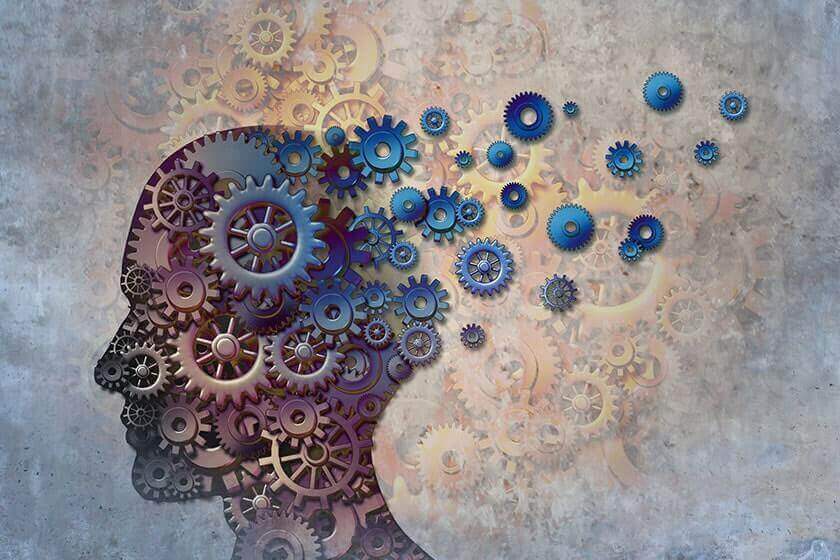We’ve all forgotten to reply to an email, misplaced car keys, or drawn a blank when bumping into an old classmate and trying to recall their name. However, there is a point where forgetfulness becomes concerning, especially in older adults. The differences between memory loss and dementia may seem vague, but some signs can help you tell one apart from the other.
Understanding Memory Loss
Many individuals fear that they’re suffering from dementia upon forgetting someone’s name or misplacing their glasses on occasion, but these may simply be common issues caused by the slowing of mental processes that come with age. While memory lapses are a nuisance, these do not significantly impair a person’s ability to solve problems, learn new information, or carry out basic daily tasks, as dementia does.
Recalling information may not be as quick as you’re used to, but there usually isn’t a cause for concern if the forgetfulness isn’t accompanied by other problems like personality changes, frequent difficulty in following conversations, or disorientation. This is why it’s essential to understand the difference between memory loss and dementia.
Understanding Dementia
While dementia is mostly age-related and commonly occurs in older adults, it is not a normal part of aging. Dementia is a serious brain disorder that includes the loss of cognitive functioning – thinking, learning, reasoning, and remembering – and behavioral abilities to the extent that it interferes with a person’s quality of life.
When it comes to telling the difference between memory loss and dementia, one benchmark distinguishes the two – disruption. As inconvenient and frustrating age-related memory loss may be, dementia significantly disrupts one’s daily lifestyle and may become so pervasive it disrupts even family relationships.
According to the Centers for Disease Control and Prevention (CDC), dementia symptoms can vary widely from person to person. If you’re determining whether your loved one is developing dementia, consider these early signs:
- Asking for the same information repeatedly
- Losing track of dates, season, and time
- Forgetting how to play a favorite game or participate in a favorite hobby
- Getting lost in a familiar neighborhood
- Difficulty following a conversation, spoken or written, or frequent trouble finding the right words
- Having trouble remembering names of friends and loved ones
If your loved one is experiencing these, it does not necessarily mean they are developing dementia. Many of these symptoms can stem from various causes, including mental health issues, grief, or emotional stress, so it’s crucial to consult a medical professional to check if there is cause for concern.
Key Differences Between Memory Loss and Dementia
To sum it up, there are varying levels of memory loss, and not all memory loss is due to dementia. So, how do you tell which is which? The primary difference lies in whether the forgetfulness becomes severely disabling for the person experiencing it and inhibits them from carrying out the most basic everyday tasks.
Why Choose The Summit
Understanding the signs of memory loss and dementia in your loved one may help you identify the condition sooner. At The Summit, our SHINE® Memory Care is one of the very few programs in America which has received a national Certificate of Recognition from the Alzheimer’s Association.
If you have any inquiries about the range of services we offer, don’t hesitate to contact us today.







